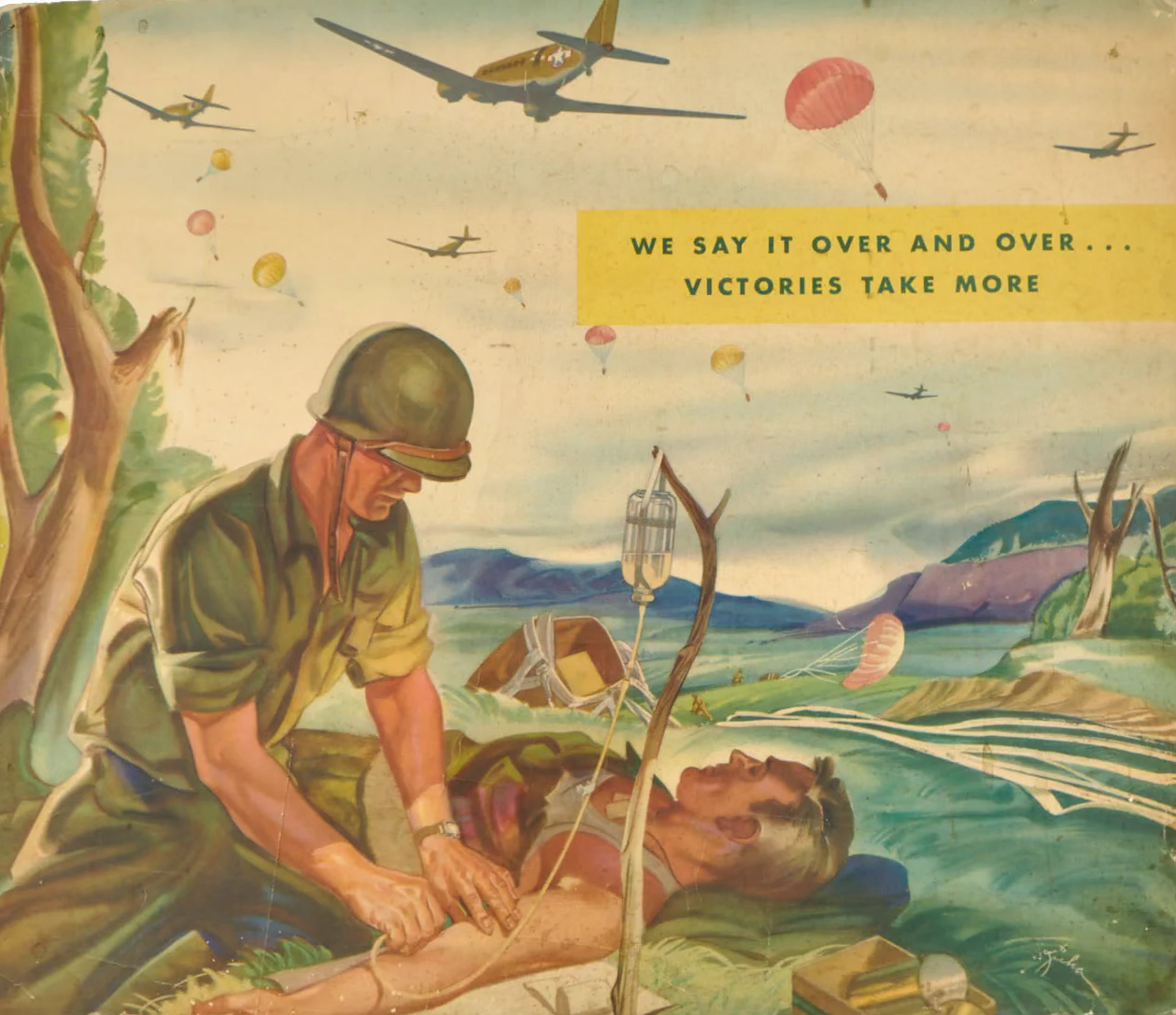Through the hallway of camouflaged men the professor walked. The pyramid in his hand was a deceptive object. One sees a square. Another sees a triangle. But it was all the same pyramid, and that was the point. Perception depends on perspective. Those whose formative years were in Iraq and Afghanistan now occupy senior military billets. They are having to change how they look at the pyramid.
In the Medical Corps, ten stars and four birds shotgunned readers. Their pellets of data spread from trauma to tropical disease. Yet mobilization of statistics will not - indeed did not - lead them where they want. For a scientific community, this can be a shock. This chorus of leaders was capable of using them only enough as to recognize a different perspective on the pyramid is required. The ten stars complained, but did not communicate.
They could use education of their forebears. Robert J.T. Joy was ignorantly missing from the notes; a study of Joy could have helped them communicate solutions on tropical disease. And a study of process, force design, and leadership would help communicate to their force how to cope with the statistics they cite. A study of these factors — a study not of a statistics but humanities — will show what clears aid stations and depresses mortality rates.
Articles about these factors will spur the healthy debate GEN George is seeking to incubate in the force (through things like the Harding Project). In that vein, I was humbled to have had the opportunity to co-write a piece for Military Review with CAC’s Command Surgeon. After six months of drafts and revisions, the end result was “Major Jonathan Letterman Revisited: Anticipating Casualty Evacuation Needs in Large-Scale Combat Operations.” People may disagree with the ideas - but we put them out there. If the ideas can be used as a line of departure for deeper thought and a rebuttal, that’s a victory.
For those who have been missing their weekly dose of Ridgway’s Notebook, this is where we have been. The follow-on project - soon to be announced - will be the capstone of the work Battle Surgeons attracted. Soon enough, it will be back to Ridgway’s favorite thing — parachute infantrymen.




Interesting and underappreciated subject matter.
The first new rule I learned working as a Foreign Service Officer on loan to the SecDef’s office was “where you stand depends on where you sit” - one of the uniformed officers also told me that if State and Defense weren’t fighting then one of them wasn’t doing their job. Smart people.